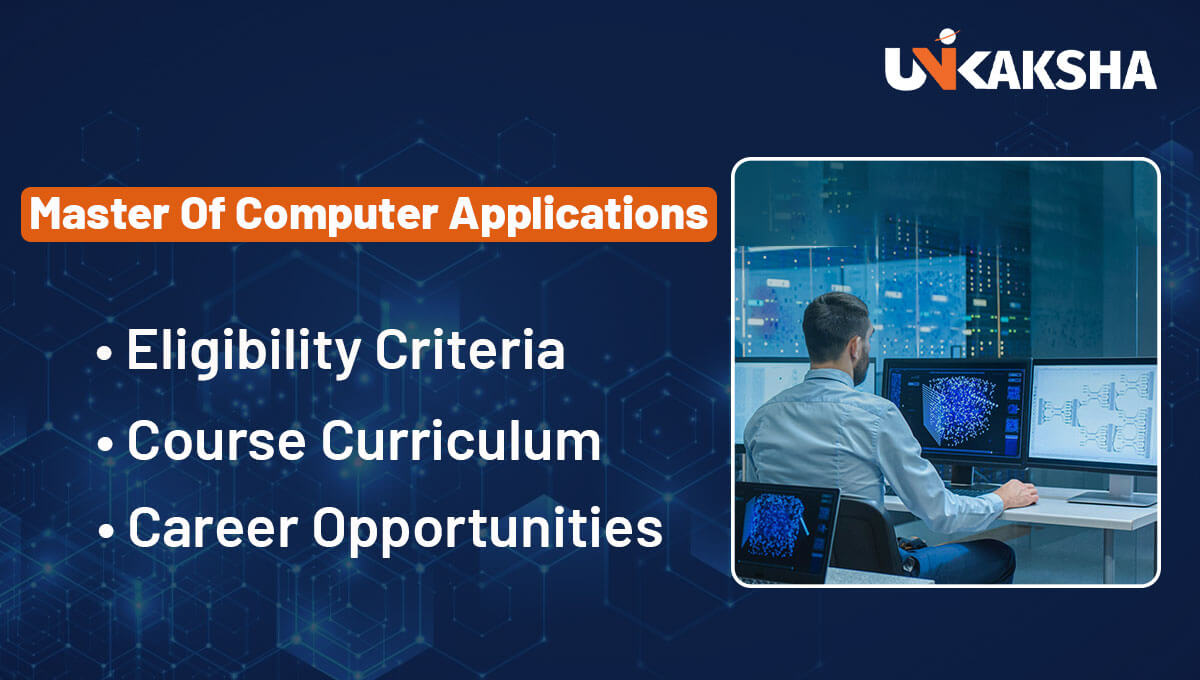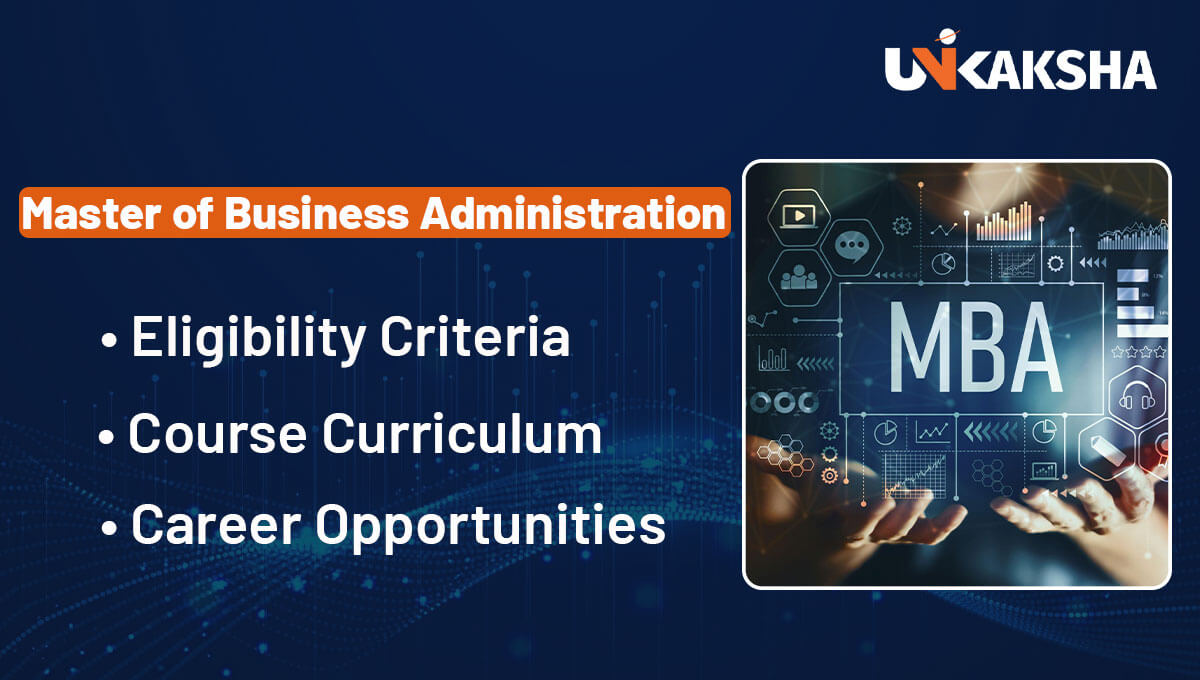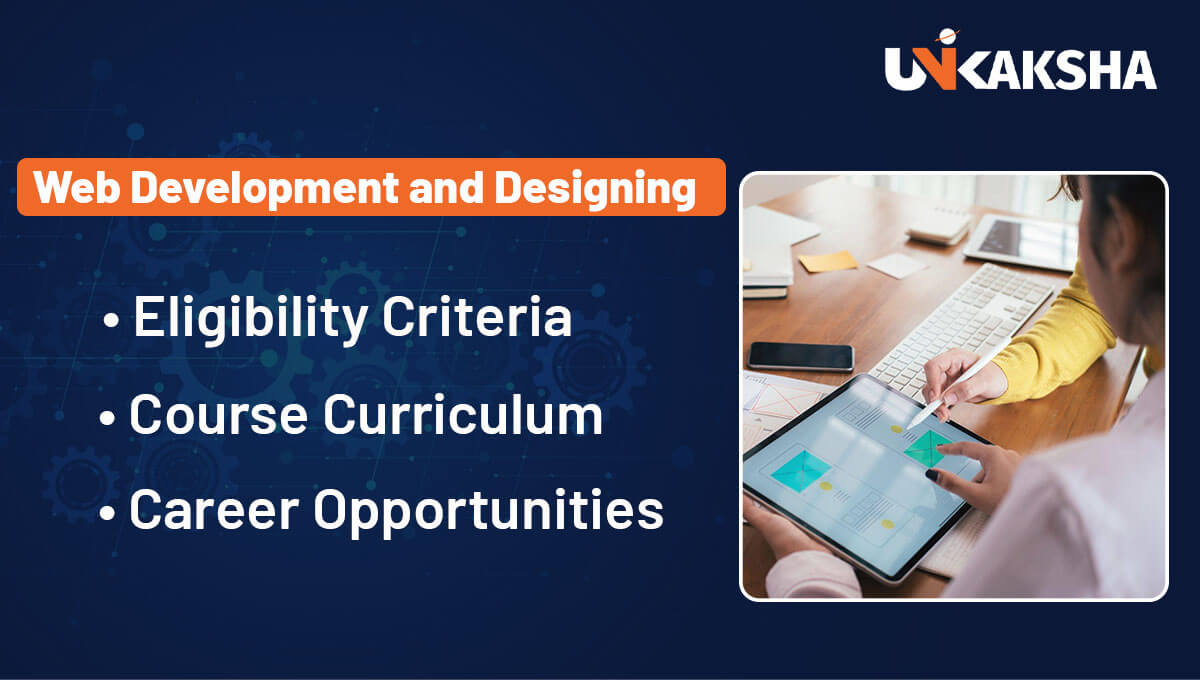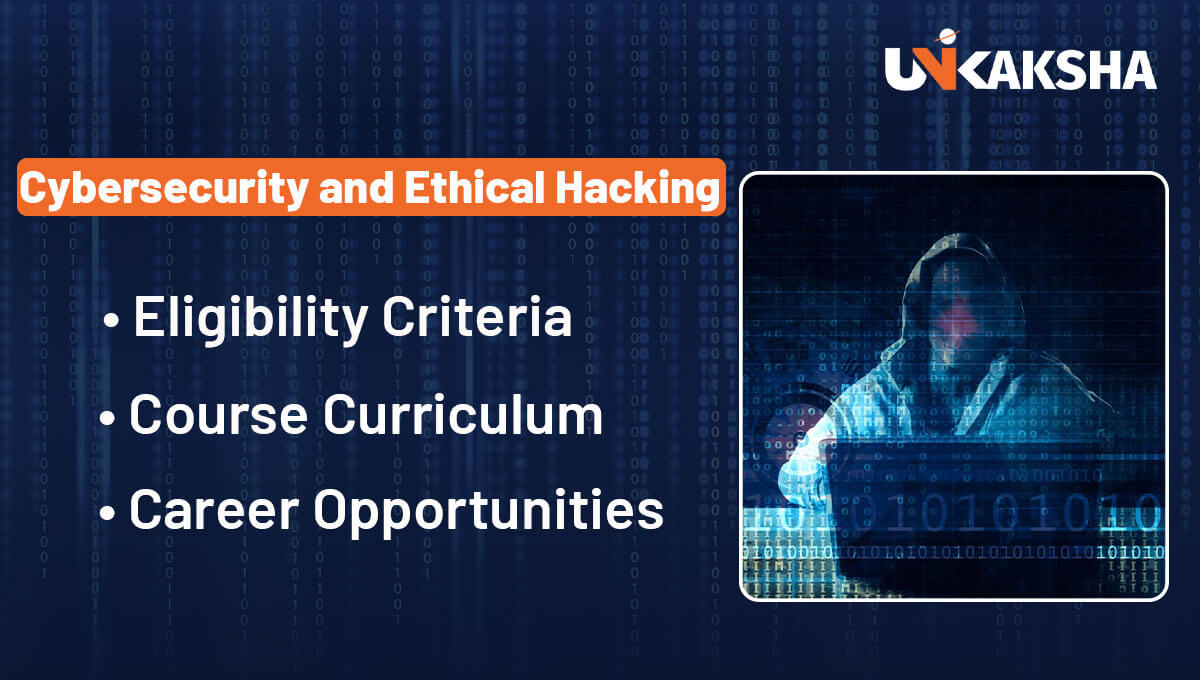After completing a Bachelor’s in Computer Applications (BCA), students often find themselves at a crossroads, wondering which course to pursue next. BCA equips students with a strong foundation in computer science and opens up various career avenues.
However, choosing the right course after BCA is crucial for career growth and personal satisfaction. In this blog post, we will explore some of the best courses to consider after completing BCA in India.
Let’s explore after BCA which Course is best in India:
1. Master of Computer Applications (MCA)

The Master of Computer Applications (MCA) is a popular choice for BCA graduates looking to specialize further in the field of computer science and information technology. Here are the key details about pursuing an MCA:
Eligibility criteria
To be eligible for an MCA program, candidates must have completed their BCA or an equivalent degree with a minimum aggregate score of 50%. Additionally, some institutions may require students to clear entrance exams such as NIMCET or state-level MCA entrance tests.
Course curriculum
The MCA curriculum covers advanced topics in computer science, including programming languages, software engineering, database management, computer networks, and more. Students also get the opportunity to explore specialized areas like artificial intelligence, data analytics, and cybersecurity.
Career opportunities
After completing an MCA, graduates can explore various career paths. They can work as software developers, systems analysts, database administrators, and IT consultants, or pursue research and teaching opportunities. The demand for MCA graduates is high in both the corporate sector and government organizations.
2. Master of Business Administration (MBA) in IT

Another popular choice after BCA is pursuing an MBA with a specialization in Information Technology. This course provides a unique blend of business and technology knowledge, making graduates well-equipped for managerial roles in the IT industry. Let’s delve deeper into this option:
Eligibility criteria
To pursue an MBA in IT, students should have completed their BCA or any other bachelor’s degree with a minimum aggregate score of 50%. Additionally, most institutions require candidates to appear for management entrance exams like CAT, MAT, or GMAT.
Course curriculum
The curriculum of an MBA in IT combines core management subjects with specialized IT courses. Students learn about business strategy, finance, marketing, and human resources, and also delve into areas such as IT project management, enterprise resource planning, and information systems.
Career opportunities
An MBA in IT opens up diverse career opportunities. Graduates can work as IT project managers, IT consultants, business analysts, product managers, or even start their own IT ventures. The combination of managerial skills and technical knowledge makes them valuable assets in the corporate world.
3. Web Development and Designing

In today’s digital age where online presence is crucial for businesses, web development and designing have become highly in-demand skills. BCA graduates with a knack for creativity and programming can consider pursuing a course in web development and design. Let’s explore this option further:
Eligibility criteria
To pursue a course in web development and designing, candidates should have completed their BCA or any other bachelor’s degree with a strong foundation in programming languages like HTML, CSS, and JavaScript. Some institutions may also assess candidates based on their portfolio or coding skills.
UniKaksha is an institute that offers comprehensive Full Stack Web Development courses, catering to individuals from all backgrounds. Explore our course and become a Full Stack Developer today!
Course curriculum
The curriculum of web development and designing course covers a wide range of topics including front-end development, back-end development, user experience (UX) design, responsive web design, and content management systems. Students learn to create visually appealing and functional websites.
Career opportunities
Graduates with expertise in web development and designing can explore various career opportunities. They can work as front-end developers, back-end developers, UI/UX designers, web architects, or freelancers. The growing demand for web professionals ensures a steady stream of job opportunities.
4. Data Science and Analytics

In the era of big data, data science and analytics have emerged as highly sought-after fields. Pursuing a course in data science and analytics after BCA can lead to exciting career prospects. Let’s explore this option further:
Eligibility criteria
To pursue a course in data science and analytics, candidates should have a BCA degree or any other bachelor’s degree with a strong foundation in mathematics, statistics, and programming. Some institutions may also conduct entrance exams to assess the aptitude and analytical skills of the applicants.
Course curriculum
The curriculum of a data science and analytics course typically covers topics such as statistical analysis, machine learning, data visualization, predictive modeling, and data mining. Students gain hands-on experience with industry-standard tools and techniques for data analysis.
Career opportunities
The demand for data scientists and analytics professionals is skyrocketing across industries. Graduates can find opportunities in e-commerce, finance, healthcare, marketing, and many other sectors. They can work as data analysts, data scientists, business intelligence analysts, or data engineers.
5. Cybersecurity and Ethical Hacking

With the increasing number of cyber threats and the need for robust data protection, cybersecurity, and ethical hacking have become critical fields. BCA graduates interested in ensuring digital security can consider pursuing a course in cybersecurity and ethical hacking. Let’s dive into the details:
Eligibility criteria
To pursue a course in cybersecurity and ethical hacking, candidates should have a BCA degree or any other bachelor’s degree with a strong understanding of computer networks, programming, and system vulnerabilities. Some institutions may also conduct entrance exams to assess the candidate’s aptitude for cybersecurity.
Course curriculum
The curriculum of a cybersecurity and ethical hacking course covers topics such as network security, cryptography, vulnerability assessment, penetration testing, and digital forensics. Students learn to identify vulnerabilities, protect systems from cyber threats, and ensure data confidentiality.
Career opportunities
Graduates with expertise in cybersecurity and ethical hacking have excellent career prospects. They can work as cybersecurity analysts, penetration testers, security consultants, or forensic analysts. Both government and private organizations actively seek professionals to safeguard their digital assets.
Factors to Consider When Choosing a Course

Choosing the right course after BCA requires careful consideration of various factors. Let’s explore some important aspects that can help make an informed decision:
Personal interests and skills
Consider your personal interests and skills while selecting a course. Identify the areas that truly excite you and align with your strengths. Pursuing a course that matches your passion will enhance your motivation and career satisfaction.
Market demand and job prospects
Research the market demand for professionals in different domains. Look for courses that offer strong job prospects and growth opportunities. Consider industries that are booming and likely to expand in the future.
Growth potential and future trends
Analyze the growth potential of the chosen field. Look for courses that are aligned with emerging technologies and trends. Industries such as artificial intelligence, cloud computing, data science, and cybersecurity are experiencing rapid growth and offer promising career prospects.
Return on investment
Evaluate the return on investment for the chosen course. Consider factors such as the course fees, duration, and potential salary after graduation. Calculate the potential return on investment to ensure that the course you choose is financially viable in the long run.
Additional Certification Courses

In addition to pursuing a post-BCA degree, you can also consider acquiring additional certifications to enhance your skills and marketability. Here are some certification courses that complement a BCA degree:
- Project Management (PMP): A PMP certification equips you with the knowledge and skills to effectively manage projects. It is highly valued in the IT industry and opens doors to managerial roles.
- Digital Marketing: In the digital era, businesses rely on digital marketing strategies to reach their target audience. Certification in digital marketing can provide you with valuable skills in online advertising, search engine optimization (SEO), and social media marketing.
- Cloud Computing: With the increasing adoption of cloud technology, a certification in cloud computing can give you an edge in the job market. It equips you with skills in managing cloud infrastructure and services.
- Artificial Intelligence (AI) and Machine Learning (ML): AI and ML are transforming industries across the globe. By acquiring a certification in AI and ML, you can become proficient in developing intelligent systems and algorithms.
- Web Development: Acquiring a certification in web development empowers you with recognized expertise and validates your skills in the field. It enhances your credibility and opens doors to a multitude of career opportunities, whether you are looking to work with renowned companies or embark on exciting freelance projects.
Challenges and Tips for Success

While pursuing further studies after BCA, you may encounter certain challenges. Here are some tips to overcome these challenges and ensure success:
Balancing academics and personal life
Managing the coursework and maintaining a healthy work-life balance can be challenging. Create a study schedule, prioritize tasks, and allocate time for relaxation and personal activities.
Networking and building connections
Building a strong professional network is essential for career growth. Engage in networking events, seminars, and workshops related to your field of study. Connect with professors, industry professionals, and fellow students. Building relationships can lead to mentorship, internship opportunities, and valuable referrals.
Continuous learning and skill enhancement
The field of technology is ever-evolving, and it’s crucial to stay updated with the latest trends and advancements. Engage in continuous learning by attending webinars, online courses, and workshops. Keep honing your skills and seek opportunities to gain practical experience through internships or projects.

After completing a BCA degree, choosing the right course is crucial for career growth and success. In this blog post, we explored some of the best course options available in India. Whether you decide to pursue an MCA, MBA, or specialize in emerging fields like data science, cybersecurity, web development, or digital marketing, each course offers unique opportunities and career paths.
By considering factors such as personal interests, market demand, growth potential, and return on investment, you can make an informed decision that aligns with your goals and aspirations. Additionally, acquiring additional certifications and choosing reputable institutions can further enhance your skills and marketability in the competitive job market.
Remember, success in your chosen course requires dedication, continuous learning, and effective time management. Overcoming challenges, building a strong professional network, and staying updated with industry trends will contribute to your growth and open doors to exciting career opportunities.
So, take the time to explore your options, conduct thorough research, and follow your passion. The right course after BCA can set you on a path to a fulfilling and prosperous career.
Would you like to get more exciting information on the industry trends on It Industry ?
Then let us introduce you to UniKaksha’s free TechFit Career webinar. In this webinar, we will be giving you insights on the industry road map on how to be a full-stack web developer, and a free 1:1 counselling session from our mentors. What are you waiting for? Register today for this amazing opportunity!
Frequently Asked Question
BCA (Bachelor of Computer Applications) and B.Tech (Bachelor of Technology) are both valuable courses in the field of computer science and technology. The choice between BCA and B.Tech depends on your specific interests and career goals. B.Tech focuses more on technical aspects, including in-depth engineering principles, while BCA emphasizes computer applications and software development. Consider your personal preferences, desired specialization, and future career prospects to determine which program aligns better with your aspirations.
Yes, BCA is considered a professional course. It equips students with the necessary knowledge and skills required for a career in the IT industry. BCA covers various subjects such as programming, database management, web development, and computer networks, providing a strong foundation for professional roles in software development, systems analysis, and other related fields.
Yes, BCA opens up numerous job opportunities in the IT sector. Graduates with a BCA degree can pursue careers as software developers, web developers, system analysts, database administrators, network administrators, and more. However, securing a job after BCA also depends on factors such as your skills, practical experience, and industry demand. It is beneficial to enhance your skills through internships, projects, and certifications to increase your chances of landing a job.
BCA provides a strong foundation in computer applications and equips students with the necessary technical skills to kickstart their careers in the IT industry. While having a BCA degree increases your employability, it is important to note that practical experience, specialized skills, and continuous learning also play crucial roles in securing a job. It is recommended to enhance your skill set, gain practical exposure through internships or projects, and stay updated with industry trends to stand out and maximize your job opportunities.
About the Author
Luqmaan Shaik serves as the Blog Specialist at Unikaksha, where he leads a team of technical writers dedicated to researching and providing valuable content for blog readers. With a wealth of experience in SEO tools and technologies, his writing interests encompass a wide range of subjects, reflecting the diverse nature of the articles. During his leisure time, he indulges in an equal balance of web content and book consumption.






